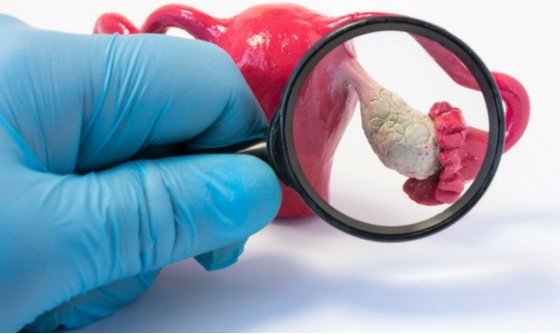
All you need to know about Polycystic ovary syndrome (PCOS)
What is PCOS? What are the causes? What are the signs?
Polycystic ovary syndrome, popularly abbreviated as PCOS, is a hormonal condition that affects women of reproductive age. It affects how a woman’s ovaries work.
The condition affects women’s hormonal levels. Women with PCOS produce hormonal levels that are higher than normal. It affects a woman’s ovaries and reproductive organs that produce hormones that regulate the menstrual cycle.
This affects the menstrual cycle and also negatively affects a woman’s chances of getting pregnant.
What causes PCOS?
It is not yet clear about what causes this condition.
Doctors, however, believe that factors such as excess insulin, genetics, and excess Androgen could be risk factors.
Common signs and symptoms?
Many women with this condition may now know until they are diagnosed. The signs and symptoms of PCOS vary from mild to severe. Some signs and symptoms develop around the time when girls get their first periods. In some cases, it can develop later in life. Factors such as a significant weight gain can lead to this condition later in life. The signs and symptoms are often quite serious in obese women.
Common signs of symptoms are:
- Irregular period – This is the most common sign of PCOS. When ovulation does not occur, the uterine lining does not shed. Some women with PCOS may have as few as 8 periods per year.
- Heavy periods – The periods are heavier than normal because the lining of your uterus build up for a longer period of time.
- Difficulty getting pregnant – This is due to irregular ovulation or failure to ovulate.
- Enlarged ovaries – This is also known as Polycystic ovaries. Enlarged ovaries may not function well.
- Excess Androgen – Increased levels of Androgen or male hormones may result in physical signs such as facial and body hair. You may also notice severe acne and baldness.
When should you see a doctor?
If you have irregular periods, experiencing infertility, or signs of excess Androgen, you need to see a doctor.
You can call Marie Stopes Kenya today for free on 0800 720005 or WhatsApp them on 0709819001 for comprehensive information and personalized advice on your reproductive health. Click here to locate a clinic near you.

Is it easy for someone with…
Is it easy for someone with pcos to easy ?
Hi Irene,
What do you mean…
Hi Irene,
What do you mean by ‘to easy’? Explain and we will be happy to answer your question.